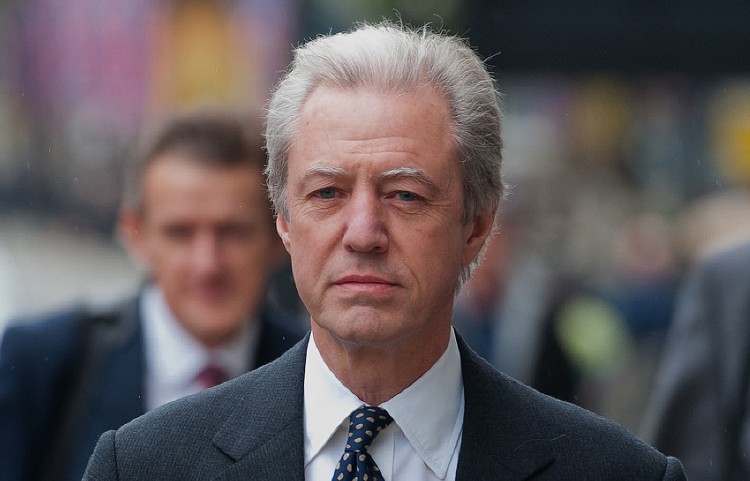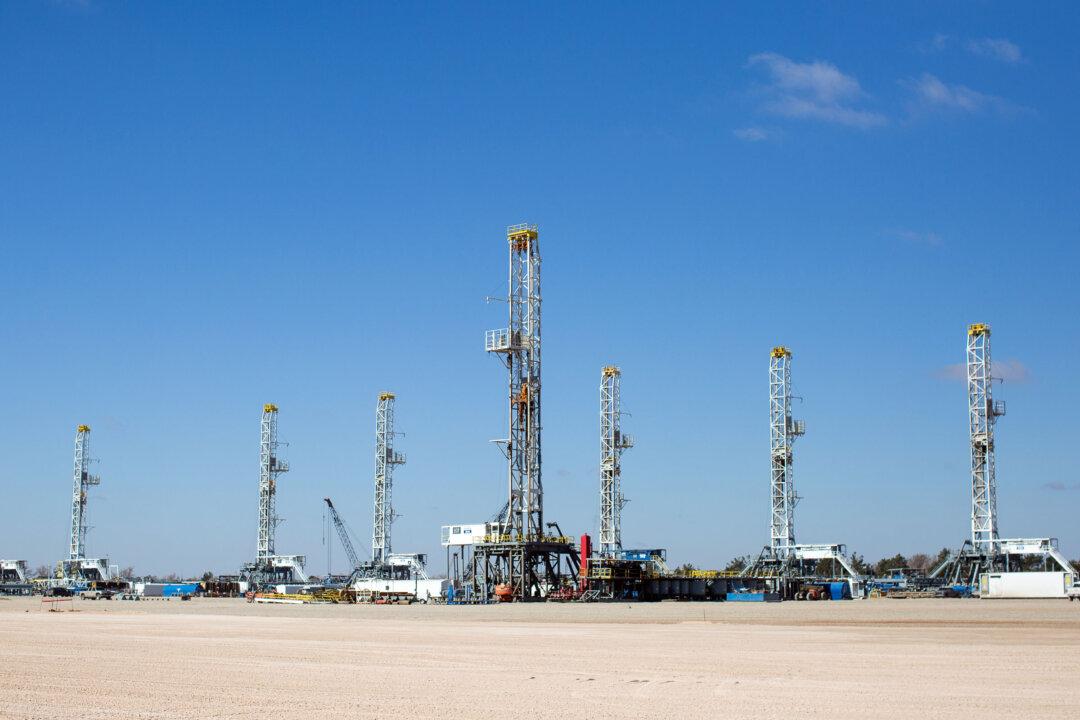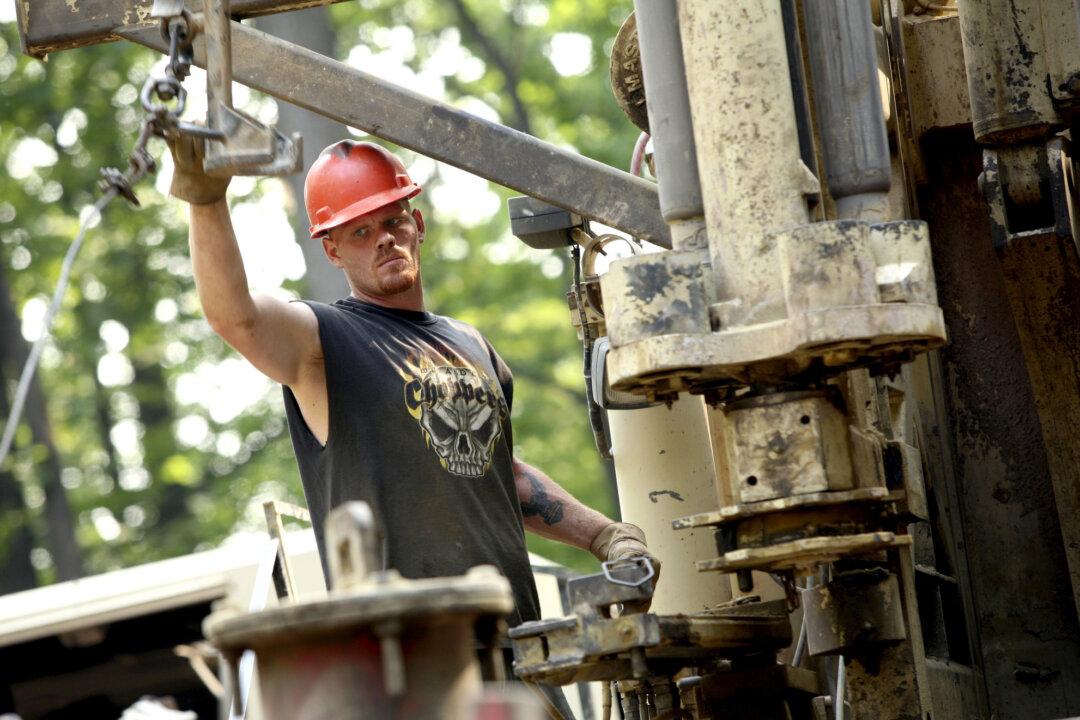A New York-based bank has sued the group of 16 banks, which set the Libor interest rate, claiming that recent allegations of Libor manipulation has cost the lender money in its lending operations.
The Berkshire Bank of New York filed a proposed class-action lawsuit in the U.S. District Court in New York, according to a Wall Street Journal report.
While the exact amount is hard to quantify, Berkshire Bank said that “tens, if not hundreds of billions of dollars” in loans were given out in New York state based on the artificially depressed Libor rates, according to the report.
According to its website, Berkshire Bank has assets of $854 million and 11 branches in New York and New Jersey.
It is unclear how much profit the alleged Libor manipulation would have cost Berkshire Bank, due to the fact that it is almost impossible to determine how much Libor rates would have changed without manipulation during the time period from August 2007 to May 2010, the period during which Berkshire Bank said that it was a victim of the scheme.
Berkshire Bank is arguing that artificially low Libor rates submitted by banks setting the rates would impact Berkshire’s profits, as theoretically the bank’s profit on loans are determined by the difference (or spread) between the rate it charges to borrowers and the rate at which Berkshire itself borrows money. However, if the Libor rate was indeed higher without manipulation, the rate at which Berkshire Bank would borrow money (which would also be based on Libor) would likely be higher as well, so it is debatable whether it would have indeed garnered bigger profits.
British banking giant Barclays Plc paid around $453 million to U.K. and U.S. regulators last month to settle charges that it had misreported its Libor rate submissions.
The scandal had led to the resignation of Barclays’ CEO, COO, and Chairman.
Several investigations by U.S. and UK authorities into the Libor fixing scheme are still ongoing. It is expected that several other banks were involved in a similar manner as Barclays.
The Libor scandal has put Wall Street banks back into the spotlight of public scorn, while the banking industry argues that it was the result of the greed and mistakes of a few.
In testimony in front of Congress, Federal Reserve Chairman Ben Bernanke told lawmakers that while he knew of Libor manipulation dating back to 2008, the interest rate “is constructed by a private organization in the U.K., and so our direct ability to influence that is limited.”
The Epoch Times publishes in 35 countries and in 19 languages. Subscribe to our e-newsletter.






